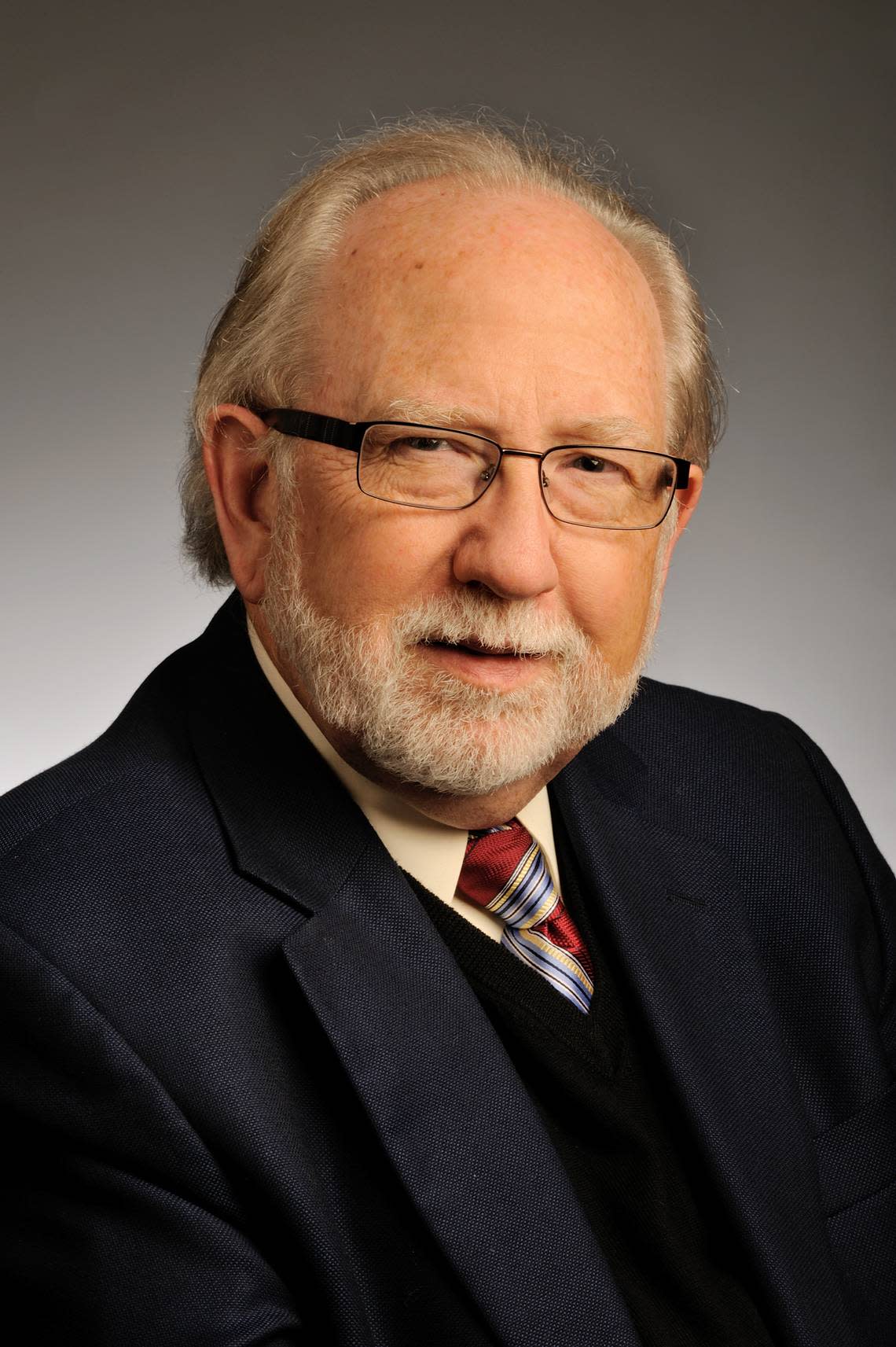We are almost a Super-Aging Society. Let’s take advantage of it. | Opinion
Aging has a major new wrinkle, along with its other wrinkles. It is pushing us into a new era in human history. While this initially sounds incredible, it is happening, and few have noticed. The beginning was muted. The United Nations’ 2019 report on World Population Ageing noted that for the first time in human history, those 65 and older exceeded the number of children 5 and under. This is not a temporary blip in history that will soon be reversed.
The prelude started in Japan, which in 2005 became the first country in the world named a Super-Aging Society because 20% of the population was 65 or older. Two interactive factors are responsible: average life expectancy increases and the birth rate decreases. In 2020, Japan reported an average lifespan of 86 years and a fertility rate of 1.34 births per woman. A fertility rate of 2.1 is considered essential to replace the death rate in a population. By 2030, it is estimated that those 65 and older will constitute 32% of Japan’s population, while 10% will be 14 and younger.
The number of Super-Aging countries is continuing to grow yearly. Germany and Italy quickly followed Japan’s lead. In 2022, the Super-Aging list was up to 23 countries, including Canada, France, Greece, Spain, and the Netherlands. The United States is expected to join the Super-Aging Club in 2030. While life expectancy in the US declined to 76 years in 2021 due in good measure to Covid-19 and drug overdoses, the fertility rate was 1.8 and has been below the replacement rate since 2008. (Aging and ageing are both acceptable spellings, in the US we leave out the e.)
While America is not yet a Super-Aging Society, some of the winds of change are already upon us. First of all, labor shortages are at crisis levels in many industries and institutions. In early January, the US Bureau of Labor Statistics reporting 10.5 million job openings and 5.6 unemployed people. Education, health care, and hospitality services have acute labor shortages. The military is experiencing major problems in recruiting. The Army reported falling 15,000 recruits short of its goal in 2022. This year, the Navy is raising its age limit for new recruits to 41 to help fill its ranks.
As we edge towards becoming a Super-Aging Society, what should we be doing to prepare? Conditions in China today offer some insights into worst case scenarios from doing nothing. In 2022 with a fertility rate at 1.3 and an average lifespan at 78 years, their population dropped a whopping 11%. A profound crisis threatening to cripple their society.
On the other hand, ancient Chinese wisdom holds that the flip side of crisis is opportunity. What opportunities do we have? Of the many world societies facing aging crises, Singapore stands out with its dynamic Action Plan for Successful Ageing. Here are the top 6 goals:
▪ Employability: Ageless workplaces and lifelong employment for those who choose it.
▪ Lifelong Learning: Never too old to learn.
▪ Senior Volunteerism: Helping others, fulfilling lives.
▪ Health and Wellness: Adding more healthy years to ageing.
▪ Social Engagement and Inclusion: Connecting People of all ages.
▪ Aged Care Service: Aging-in-place, remaining independent
As America enters the new age of aging, the choices we make and the actions we take will determine whether it becomes the best of times or the worst of times. We have the knowledge to make it the best of times. By working together with the drive and ingenuity of the American spirit, we have the opportunity to make it a Golden Age for living longer, healthier, and happier.

Don Gash is an Emeritus Professor of Neuroscience at the UK College of Medicine. He can be reached at dongash@khtnow.com.
